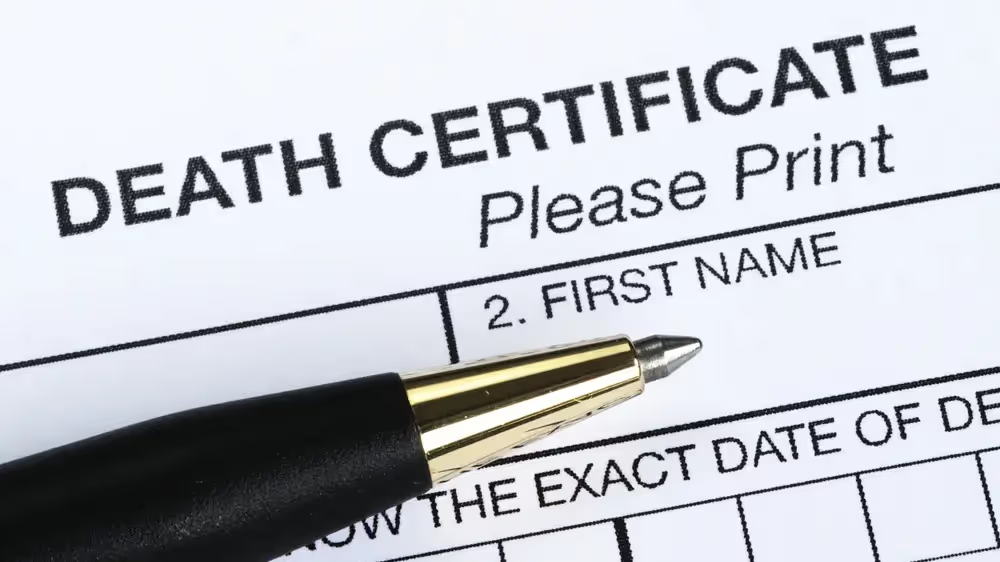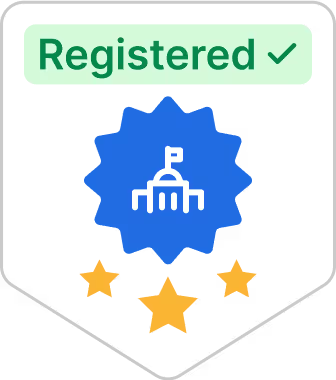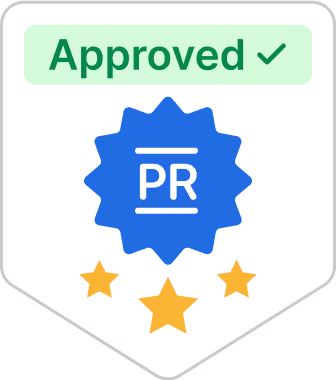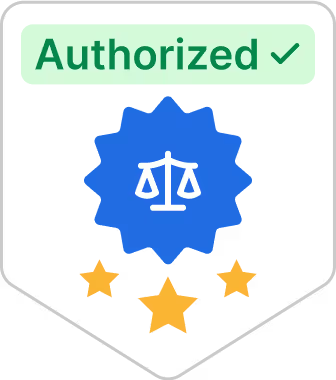What to do when someone dies: Death certificates & more

Whether your family is experiencing an unexpected death or someone close to you has entered hospice care or palliative care, planning for and responding to deaths can be incredibly stressful, emotional, and overwhelming. So much so that you can barely manage to fulfill the funeral arrangement.
Unfortunately, the end of life planning checklist is a lengthy one. Some of the most important steps to take include seeking a pronouncement of death, informing the deceased’s friends and family, finding the will and executor, getting a death certificate, and reporting the death to various agencies and entities.
If you’re preparing for a loved one’s end of life, our guide will help you make informed decisions and get the documents you need.
Secure a pronouncement of death
Depending on the state where you or your family member lives, you may need to seek an official pronouncement of death or similar document. This should be the first item on your “what to do when someone dies checklist.” There are a few people who can produce this document for you, including:
- The attending physician in the hospital where your loved one passed
- Qualified staff in a nursing home or hospice care facility
- A medical examiner or coroner in your loved one’s jurisdiction
If your family member passes in hospice, a hospital, or an eldercare facility, someone on staff will be available to walk you through the process of obtaining this document.
Note: They’re not required in every state.
Inform friends and family of the deceased
Handling a loved one’s end of life alone can make the process especially stressful. That said, informing the deceased’s friends and family of their recent passing is a crucial part of the process.
While it’s a simple courtesy to keep your loved one’s friends and relatives in the loop, you can also seek support and help from qualified family members. If you’re the executor of the deceased’s will, for instance, you may have too much on your plate to plan for the funeral arrangement and coordinate what happens to the remains.
By bringing a few trusted friends or family on board, you can lighten your load while inviting others to take part in meaningful—if sometimes difficult—practices that can help provide closure.
Find the will and the executor
If you’re not the executor (or any other personal representative) of the deceased’s will, you’ll need to find the person who is for a few reasons:
- The will is likely to stipulate immediate actions after death—like whom the deceased wishes to care for their pets, secure their home, and care for any minor children.
- While non-executor help is usually welcome (and needed), the executor ultimately has the final say over each step of the process. Their job is to ensure that the deceased’s wishes are met.
- You’ll have a hard time completing various financial processes (more on that below) without the executor, who is usually the only person legally authorized to modify the deceased’s financial affairs.
Obtain the Death Certificate
A death certificate is considered a vital record, and you’ll need one to begin making arrangements for your loved one’s finances, belongings, and real estate.
However, unless your loved one dies abroad, a death certificate isn’t a federal document—local jurisdictions like State and County Health Departments typically issue them. Be prepared to encounter long lines, extended wait times, and understaffed departments. You’ll need to pack your patience when dealing with any government entity, and seeking a death certificate is no exception.
Your local jurisdiction likely won’t give you an original copy of the death certificate, even if you’re the executor of their estate. These original copies are usually permanently stored at local vital records offices or courthouses. But, you can obtain a certified copy, which nearly every institution will recognize as a valid reproduction of the actual certificate.
Inform various agencies
Once you’ve obtained numerous certified copies of the death certificate, it’s time to inform various agencies that your loved one has passed. So, who needs to see death certificates when someone dies? You should inform the following agencies, in this order:
- The Social Security Administration, especially if your loved one received SS payments
- The Department of Veterans Affairs, if your loved one received VA benefits
- Your loved one’s banks, credit card companies, lenders, and investment brokers
- Your loved one’s employer, or anyone paying them a pension
- Insurance companies who issued policies for the deceased
- The US State Department, if your loved one had a valid passport when they died
- Your local DMV, if the deceased had a valid driver’s license
- Websites where your loved one had active social media accounts
From there, you can forward their mail to the appropriate recipients.
Figuring out what to do when a parent dies, or when someone close to you passes, can be a bit of a nightmare. However, creating and maintaining a thorough, high-quality checklist and enlisting help when you can, will help you navigate the process smoothly.
To avoid the hustle and bustle of getting a death certificate in person from a government office, simply fill out this form to apply for a death certificate online right now.
Sources:
- National Institute on Aging. What to Do After Someone Dies. https://www.nia.nih.gov/health/what-do-after-someone-dies
- Business Insider. How to Manage a Loved One’s Finances After They Die. https://www.businessinsider.com/personal-finance/how-to-manage-finances-after-someone-dies























